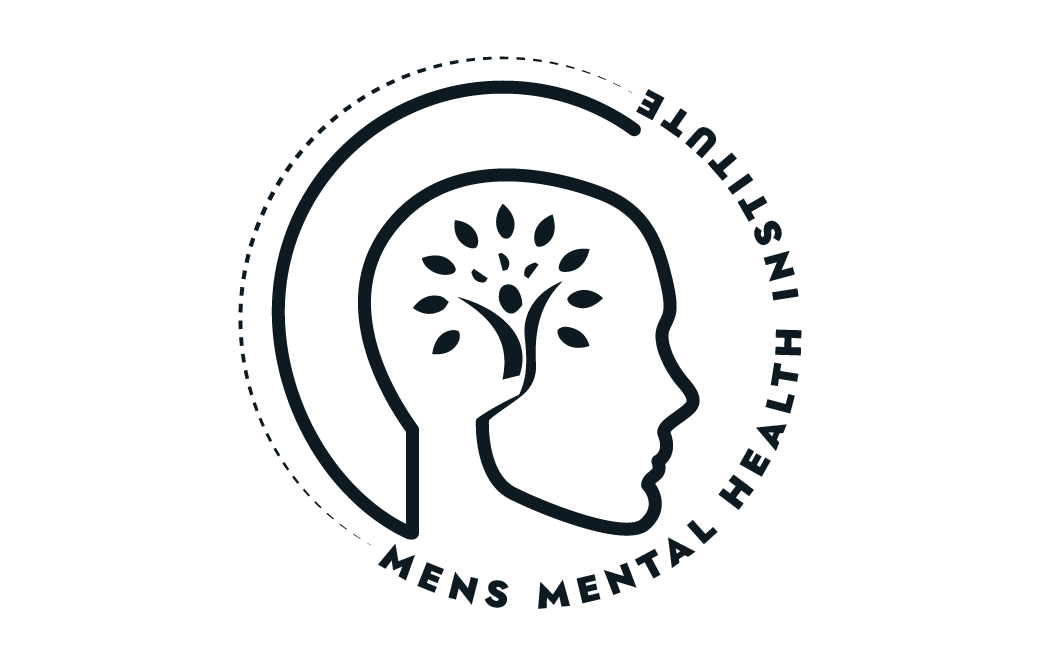The Invisible Load: What Happens When You’re the Family’s Rock
If you feel like you’re the one who always has to “hold it all together,” you’re not alone, and this isn’t just a feeling, it’s a heavy psychological and physiological burden.
Evolutionary psychology shows us that men have long been assigned the role of protector and provider. This role wired our brains to be hyper-aware of threats, not just physical danger, but threats to family stability, social standing, and resources. The mammalian brain’s limbic system triggers stress responses when any of these are at risk. The cost? Chronic stress and hypervigilance.
Neuroscience confirms that carrying this “weight” keeps your stress systems (HPA axis and sympathetic nervous system) constantly activated. Your body remains in fight-or-flight mode even when there’s no immediate danger. This sustained activation wears down your prefrontal cortex, the part of your brain responsible for rational thought, emotional regulation, and problem solving, making it harder to cope and more likely to feel overwhelmed or snap under pressure.
Social psychology adds that many men experience this burden silently. Societal expectations discourage vulnerability or asking for help. You’re expected to be stoic, resilient, the “rock.” Expressing doubt or exhaustion risks being seen as weak or unreliable, so you bottle it up, increasing isolation and strain.
Unfortunately, the mental health system often misses this dynamic, misdiagnosing symptoms as depression or anxiety without addressing the root cause: the crushing weight of unrelenting responsibility. Overprescription of medications and one-size-fits-all therapy models don’t always provide relief.
Therapeutic Strategies to Lighten the Load and Rebuild Resilience
Solution-Focused Therapy
Helps you identify practical ways to redistribute responsibility and find support, rather than carrying everything alone.
Cognitive Behavioral Therapy (CBT)
Challenges unhelpful beliefs like “I must be strong all the time” and encourages more balanced thinking that allows self-compassion and limits.
Somatic Experiencing
Addresses the physical symptoms of chronic stress stored in the body, helping your nervous system release tension and return to safety.
Emotionally Focused Therapy (EFT)
Guides you in expressing vulnerability in safe ways, improving connection and support within your relationships.
Mindfulness-Based Stress Reduction (MBSR)
Builds awareness of your stress triggers and creates space to choose healthier responses.
What You Can Gain When You Put Down the Weight
When you allow yourself to share the load and process these pressures, your life can transform:
- You’ll experience relief from chronic stress and improve your mental health.
- Your emotional regulation and decision-making will strengthen as your brain functions more optimally.
- Relationships deepen as you become more open and authentic.
- You reclaim energy and motivation that were drained by carrying it all alone.
- You develop a sustainable way to lead and support your family without burning out.
You don’t have to be unbreakable to be strong. Real strength comes from knowing when to ask for help and share the burden.








